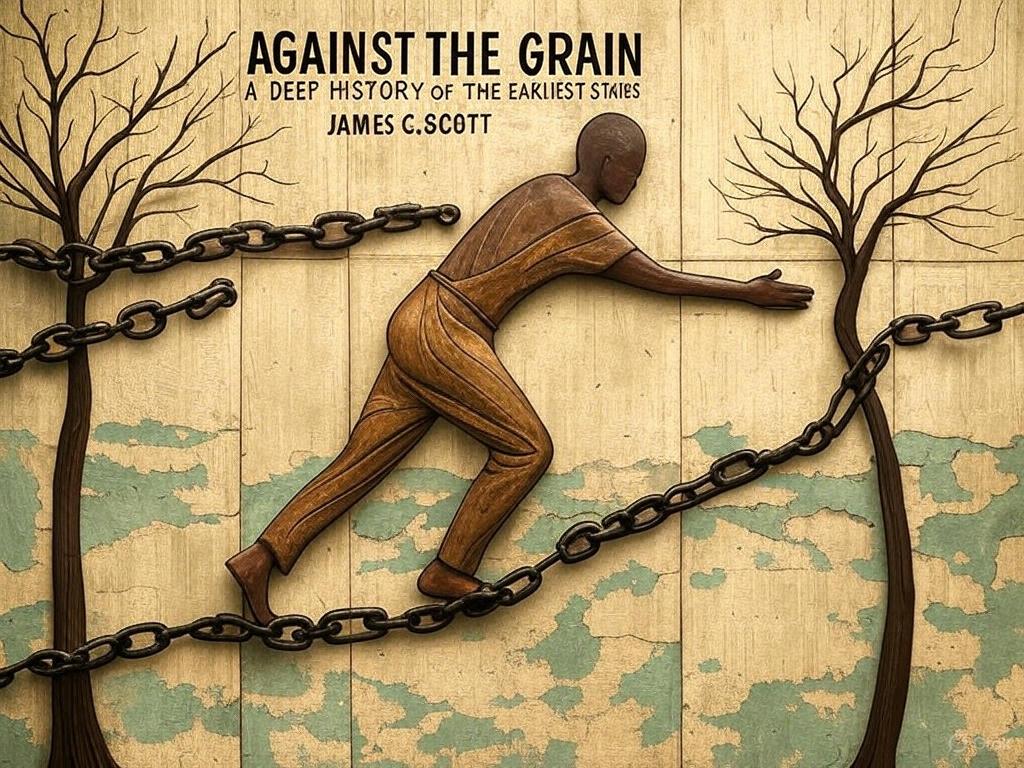
Catching Fire: How Cooking Made Us Human
by Richard W. Wrangham
What's it about?
Richard Wrangham's "Catching Fire" proposes the cooking hypothesis, arguing that the control of fire and the advent of cooked food were pivotal in the evolution of the genus Homo. The author contends that cooking increased the energy value of food, leading to significant anatomical and physiological adaptations in humans, such as smaller digestive systems and teeth. Wrangham explores archaeological and biological evidence to support the idea that cooking began much earlier than commonly thought and examines its impact on social structures, including the sexual division of labor. Ultimately, the book suggests that cooking played a crucial role in making humans biologically and socially distinct from other primates.
About the author
Richard W. Wrangham is a renowned historian specializing in science history. Their work has influenced generations of scholars and readers.
Chapter 1
Chapter 1: Quest for Raw-Foodists
"Catching Fire" begins by exploring whether humans can thrive on a raw diet, challenging the conventional assumption that, as animals, humans should naturally succeed on uncooked food since many foods are edible raw.



